Dangerous foods and plants
If you suspect your pet may have ingested a toxic plant or food substance contact your vet immediately
The Australian Animal Poisons Centre is a specialist service for poisoned animals, FREE for pet owners.
Call 1300 TOX PET (1300 869 738)
Common harmful/toxic plants
There are hundreds of plants that can cause cats and dogs illness or even death. Check the plants in your home and garden and ensure they are safe before allowing your pets access to them.
If in doubt, speak to your vet. The following information and images have been sourced from the ASPCA website.
Lilies (particularly dangerous for cats)
Common types to avoid include Peace, Tiger, Wood, Easter, Glory, Asian, Day, Japanese Show, Rubrum, Red and Stargazer lilies.
Ingesting even the smallest part of any of the lily plant can cause death.
Symptoms may include lethargy, diarrhoea and vomiting.

Sago Palms (cycads)
All parts of this plant are highly toxic to dogs.
Symptoms may include diarrhoea and vomiting.

Ivy
Common types to avoid include English and Devil's ivy.
Symptoms may include mouth and stomach irritation, excessive drooling, foaming at the mouth, swelling of the mouth, tongue and lips, vomiting and diarrhoea.

Philodendrons
Common types to avoid include Cutleaf philodendron, Swiss cheese plant, Heartleaf and Fiddle-leaf philodendron.
Symptoms may include irritation of the mouth, tongue and lips, excessive drooling, vomiting and difficulty swallowing.

Rubber tree plants
Common types to avoid include Japanese/Chinese/Jade rubber plant and the Indian rubber plant.
Symptoms may include loss of appetite,vomiting, depression and lack of coordination.
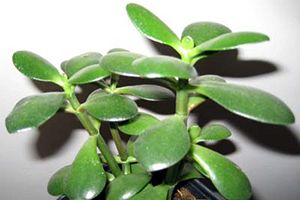
Aloe Vera
Symptoms may include loss of appetite,vomiting, lethargy and diarrhoea.

Chinese evergreen
Symptoms may include pain and swelling of the mouth, tongue and lips, excessive drooling, vomiting and difficulty swallowing.
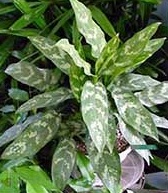
Asparagus fern
Also known as the Emerald Feather or Lace fern.
Symptoms may include allergic dermatitis, excessive drooling, vomiting, abdominal pain and diarrhoea.
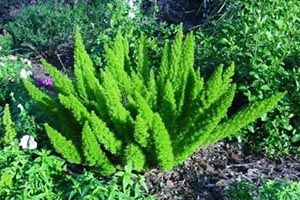
Lantana
Also known as Shrub verbena, Yellow Sage and Red Sage.
Symptoms may include vomiting, diarrhoea, laboured breathing, weakness and loss of appetite.

Other common toxic plants include, but are not limited to: holly, tulip, oleander, azalea, daffodil, carnations, chrysanthemum, corn plant, dumb cane, jade plant.
Common harmful/toxic foods and liquids
Never leave food lying around where your pet can access and ingest it. This includes food packaging!
If in doubt, contact your vet. The following information has been sourced from the ASPCA website.
Alcohol
Alcoholic beverages and foods containing alcohol can seriously harm your pet
Symptoms may include vomiting, diarrhoea, decreased coordination, difficulty breathing and tremors.

Chocolate, coffee and caffeine
Dark chocolate is more dangerous than milk chocolate.
Symptoms may include vomiting, diarrhoea, excessive panting, thirst and urination, hyperactivity, abnormal heart rhythm, tremors and seizures.

Citrus
Significant amounts of the stems, leaves, peels, fruit and seeds of citrus plants can be harmful to your pet.
Symptoms may include vomiting and diarrhoea.

Coconut and coconut oil
Significant amounts of the flesh and milk can cause illness. Coconut water is high in potassium and should be avoided.
Symptoms may include vomiting and diarrhoea.
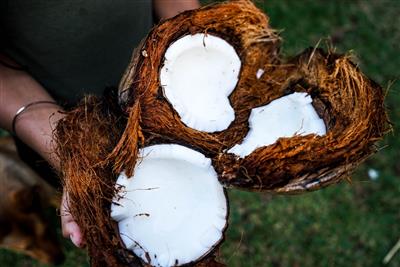
Grapes and raisins
Toxic to dogs.
Symptoms may include vomiting, diarrhoea, increased thirst, weakness and loss of appetite.

Macadamia nuts
Signs of poisoning usually appear within 12 hours of ingestion and can last approximately 12 to 48 hours.
Symptoms may include vomiting, diarrhoea,weakness, tremors and hyperthermia.

Milk and dairy
Cats and dogs are not able to break down lactose in milk.
Symptoms may include vomiting and diarrhoea.
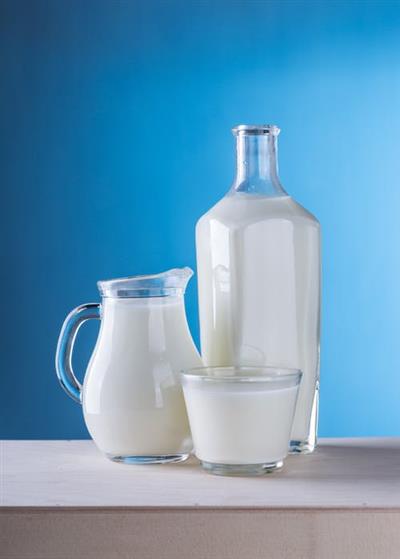
Nuts
Avoid nuts containing high amounts of oils and fats including almonds, pecans and walnuts.
Symptoms may include vomiting and diarrhoea.
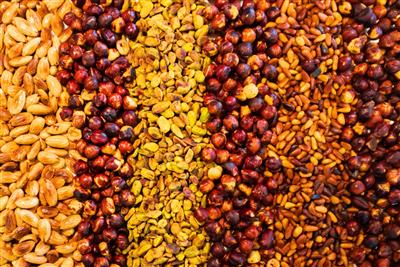
Onions, garlic and chives
Cats are more susceptible than dogs. These vegetables and herbs can cause gastrointestinal irritation and could lead to red blood cell damage.
Symptoms may include vomiting, loss of appetite, abdominal pain and diarrhoea.
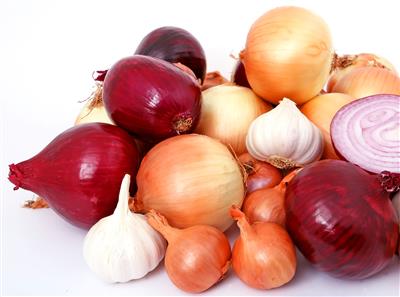
Raw/under-cooked meat, eggs and bones
Raw meat and eggs can contain bacteria such as Salmonella and E. coli that can be harmful to pets.
Raw eggs contain an enzyme which can lead to skin and coat problems.
Bones may cause choking or may splinter and become lodged in your pet's digestive tract.

Salt and salty snack foods
Large amounts of salt can be harmful to your pet. Keep your pet away from salty snacks such as potato chips, pretzels and salted popcorn.
Symptoms may include excessive thirst and urination, vomiting, loss of appetite, seizures, elevated body temperature, tremors and diarrhoea.
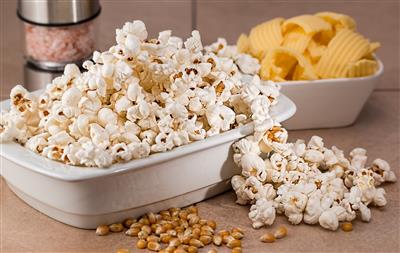
Xylitol
Xylitol is used as a sweetener in many products including gum, lollies, baked goods and toothpaste.
Symptoms may include vomiting, lethargy, loss of coordination and seizures.

Yeast dough
Yeast dough can rise and cause gas to accumulate in your pet's digestive system. This can cause the stomach to bloat and twist resulting in a painful and life-threatening emergency. Ethanol is produced as a by-product which can be harmful to your pet (see 'alcohol' above).

Symptoms may include vomiting, lethargy, abdominal pain, loss of coordination and diarrhoea.
Common harmful medications
The following information has been sourced from the ASPCA website.
If in doubt contact your vet without delay.
Aspirin

Ibuprofen
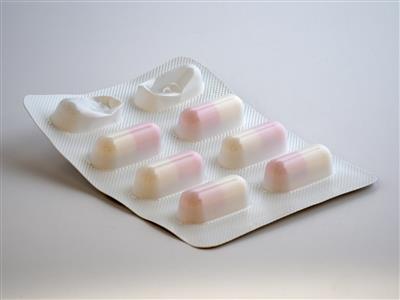
Nasal decongestant
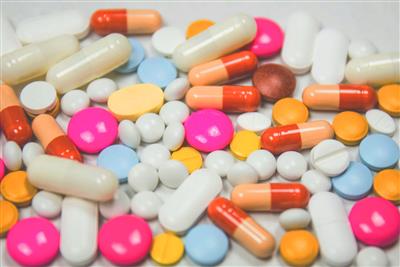
Have a pet first aid kit on hand
First aid for your pet is not a substitute for veterinary care.
Creating a pet first aid kit may help you to feel more prepared in case of an emergency situation.
Ask your vet to check over your kit to ensure it is customised for your cat or dog. The following list has been compiled from information on the Animal Welfare League website.
- Emergency paperwork e.g. this may include medical history, current medications and vaccination status
- Emergency contact list e.g. your vet's details, details of your nearest 24-hour emergency vet hospital
- Leash
- Towels
- Blanket
- Flashlight
- Pet carrier
- Self-adhesive bandages
- Gauze swabs
- Iodine antiseptic
- Sterile saline solution
- Wound dressing
- Hypo-allergenic tape
- Scissors
- Tweezers
- Thermal shock blanket
- Non-latex disposable gloves
- Disposable bags